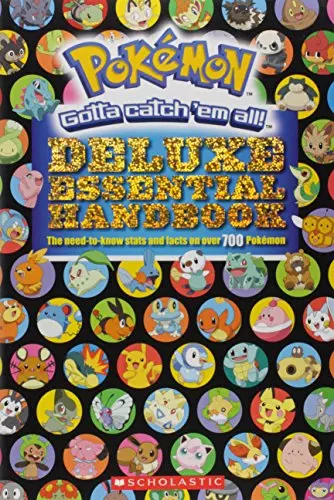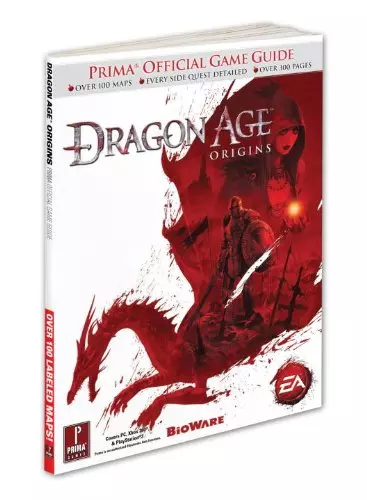Top 50 Best Fantasy Video Games of All Time
Best Fantasy Video Games of All Time
In many mediums, fantasy is simply put on the back burner. Movie and TV producers don't want to spend the special effects budget, theaters simply can't replicate it, and non-YA books struggle to make the bestseller lists. In video games, there are none of those limitations. When your imagination is limited only by the number of polygons you can fit on-screen, a lot of interesting worlds begin to appear. More than that, they offer unprecedented interactivity and control.
This list is our attempt to catalog and rate such games. It's not an easy task, and we've tried to be critical and unbiased in our selections. It's important that these games aren't just popular for nostalgia, but that they still stand up today and have a tangible impact; That they feature great gameplay or story and aren't limited to the most popular genres. Taking that into account, these are, in our opinion, the best fantasy games of all time.
If you are looking for more game recommendations, check out our Best RPG Games list and our Best Story-Driven Fantasy Video Games.
Ranked Fantasy Books
Trending Books in Top 50 Best Fantasy Video Games of All Time
Trending Fantasy Booklists
Best Fantasy Books 2025
The Must-Read Fantasy Releases of 2025 That Fans Are Devouring Worldwide
Top 25 Best Fantasy Books
Love fantasy novels? Hate wasting time reading trash? Then read this definitive guide to the top 25 Fantasy books in the genre.
The Best Sci-Fi Movies
The Best of the Best Science Fiction Movies
Top 50 Best Epic Fantasy
The Absolute Best Epic Fantasy Series
Top 100 Fantasy Books
The Top 100 Best Fantasy Books Ever Written
Top 25 Best Fantasy Audiobooks
The Best Fantasy Audiobooks (Updated 2016)



